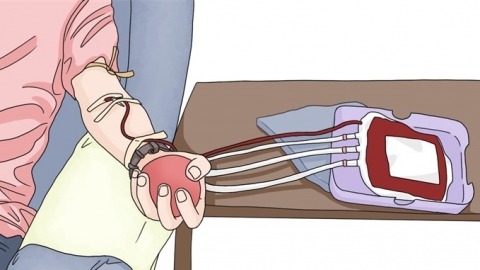Can patients with vitiligo donate blood?
Whether patients with vitiligo can donate blood mainly depends on their medical condition. If the disease is in a stable phase, blood donation is generally permissible. However, if the condition is in an active phase, blood donation is not recommended. Detailed explanations are as follows:

If a patient's vitiligo is in a stable phase without the appearance of new white patches on the skin and existing white patches are not spreading, it is generally considered that the condition cannot be transmitted through blood. Therefore, provided the patient is in good health and meets other blood donation criteria, blood donation is acceptable.
However, if white patches are continuing to spread or new patches are appearing recently, this indicates that the immune system may be in an abnormally active state. Blood collected during such a condition may pose risks to the recipient, thus blood donation is not recommended for individuals with vitiligo during this period. Before donating blood, patients are advised to consult with a professional physician. The doctor will evaluate the patient's condition, treatment status, and overall health condition and provide specific recommendations.
In daily life, patients with vitiligo should maintain healthy lifestyle habits, such as adequate sleep, balanced diet, and moderate exercise, to promote overall health.






